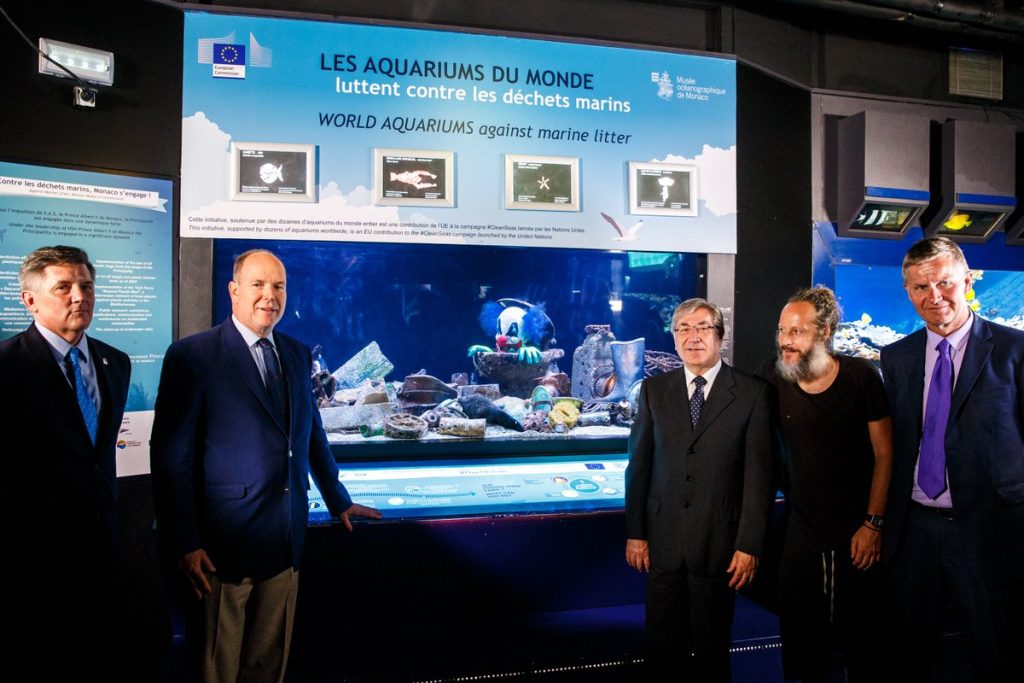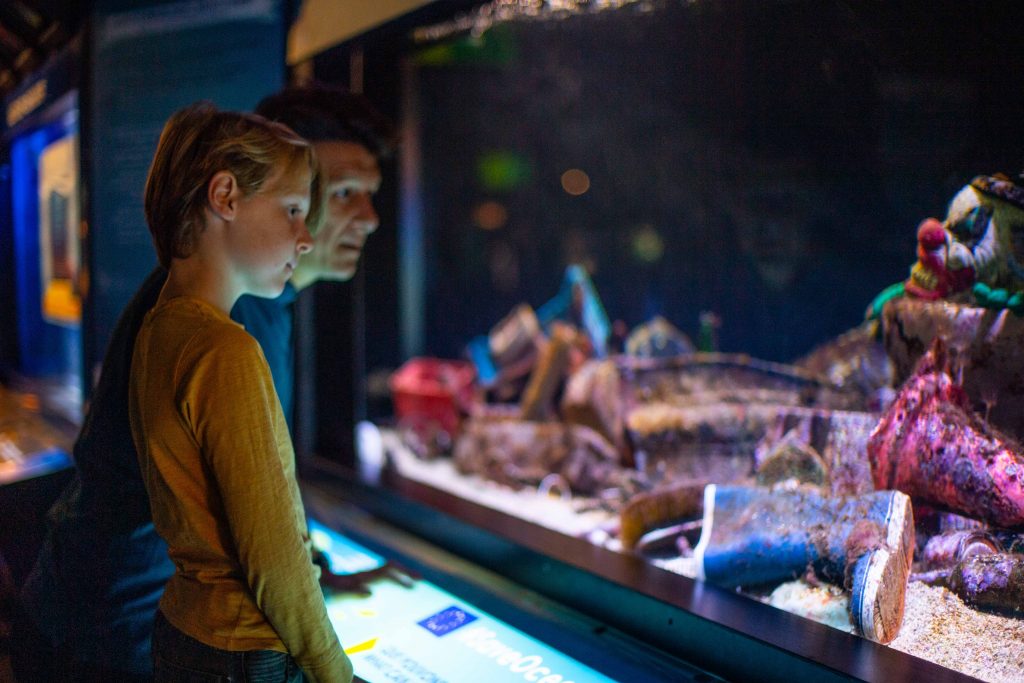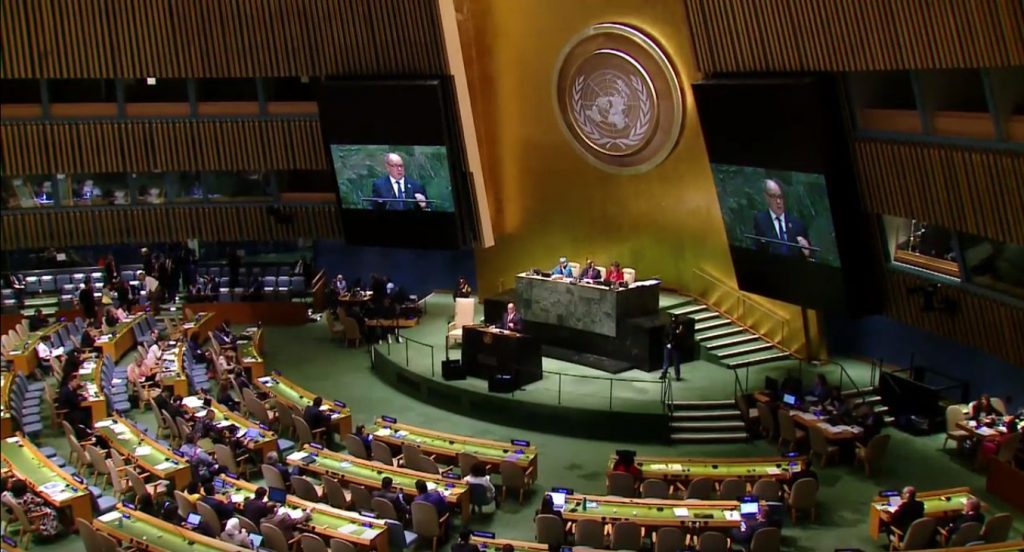Aquariums
against pollution
- Home
- Actualités
- The world’s aquariums mobilize against marine pollution
Aquariums of the world against marine pollution
Every year, millions of tons of waste end up in the ocean. It is estimated that our seas may contain more plastic than fish by 2050! The European Commission and aquariums are mobilising with the help of the Oceanographic Institute.
A campaign on an unprecedented scale
The European Commission launched the “World’s Aquariums Against Marine Litter” campaign in 2017, with the support of the Oceanographic Museum of Monaco, the European Union of Aquarium Curators and the World Association of Zoos and Aquariums. With this initiative, which is part of the actions of the conference
Our Ocean 2017
(Malta, 5-6 October 2017), the Commission is contributing to the United Nations Environment Programme (UNEP) #CleanSeas campaign. It relies on a coalition of 150 aquariums from 38 countries[2] to raise awareness of marine pollution by human waste. The campaign was officially launched in Monaco on 27 July 2017 by the European Commissioner for Environment, Maritime Affairs and Fisheries, Karmenu Vella, in the presence of H.S.H. Prince Albert II, the head of the United Nations Environment Programme (UNEP) Erik Solheim, and WAZA (World Association of Zoos and Aquariums) CEO Doug Cress. The network thus established with the assistance of the Oceanographic Institute is coordinated with the European Union.


How can we raise awareness?
Some figures speak for themselves: 10 million tons of plastic are dumped into the ocean every year, and by 2050 our seas may contain more plastic than fish. Yet 3 billion people depend directly on the ocean. To try to reverse the trend, the establishments involved in this campaign against marine litter are taking action in a variety of ways: by displaying a tank full of marine litter in their aquariums (to raise visitors’ awareness, as Philippe Pasqua’s installation at the Oceanographic Museum in Monaco does), by launching beach cleaning initiatives, by showing awareness-raising films, by hosting artistic creations using litter, etc. All the aquariums involved in this campaign also spread its messages through their communication channels, starting with their social networks. They also developed and distributed press releases that resulted in hundreds of articles, television and radio broadcasts.
Transforming this campaign into permanent action
Following this success, the European Commission and the United Nations Environment Programme (UNEP) – together with five international partners including the Ocean Institute – announced a new commitment at the Our Ocean 2018 conference: to transform the 2017 campaign into an ongoing action focused on plastic pollution. In addition to long-term communication efforts, the coalition’s facilitators encourage aquariums to reach out to as many partners and potential “multipliers” as possible to maximize the impact of this campaign. What’s at stake? Promote best practice in behaviour change at all scales: local, regional, national and global. Everyone is invited to join together under the banners #BeReadytoChange and #BeatPlasticPollution, hashtags supported by the European Union and the United Nations. 212 aquariums from 41 countries have already confirmed their commitment to this campaign, which is also being taken up by UNEP as part of its #CleansSeas action from July 2019. The Institute of Oceanography will continue to play its role as the federator and coordinator of this global network.







